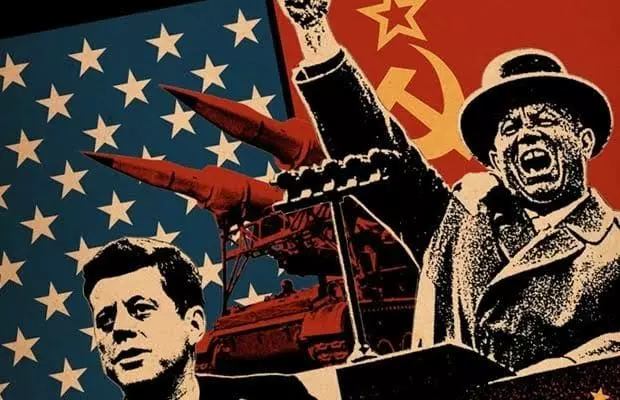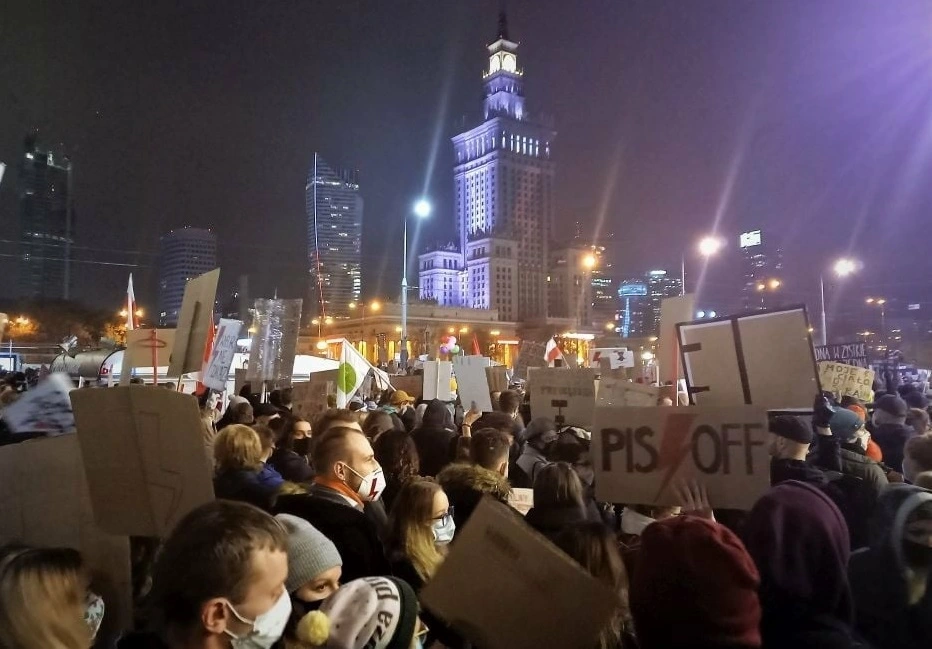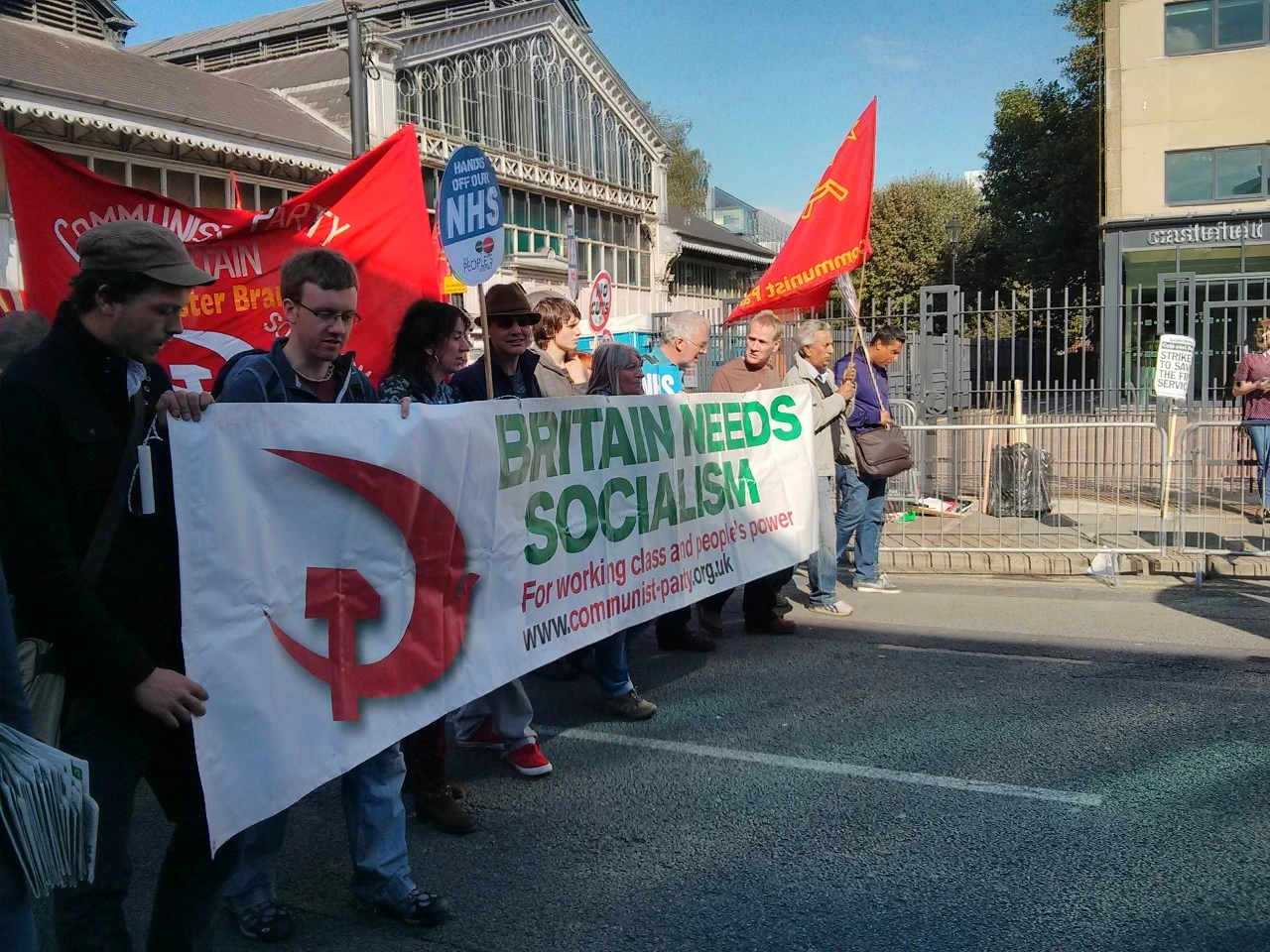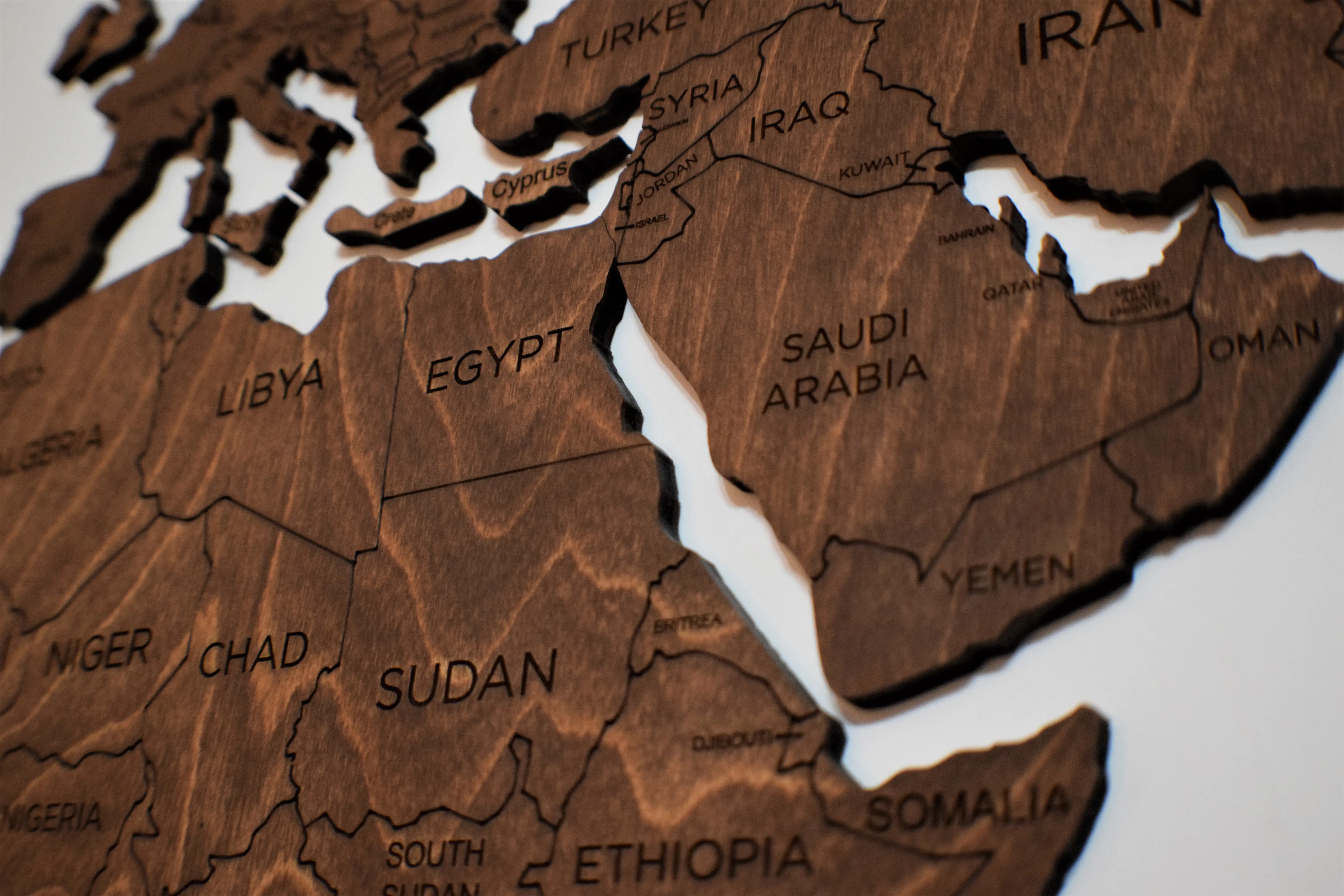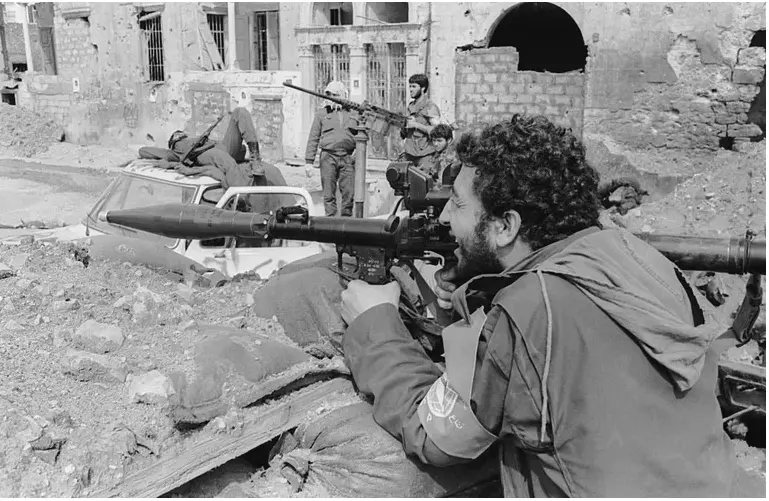2021 marks the 50th anniversary of liberation of Bangladesh from Pakistan. It is worthwhile to recollect the role the USSR played in the national liberation of the Bangladesh from Pakistan.
Bangladesh was erstwhile part of colonial India. In 1947, as India was divided by the British colonizers, present day Bangladesh was made part of Pakistan and came to be called as East Pakistan. Soon discontent arose thanks to policies of Pakistani state that was overwhelmingly west Pakistani (present day Pakistan) dominated. The Bengali people considered it nothing short of colonialism by Pakistan and rightfully so. On the face of brutal suppression of Bangladeshi liberation forces and civilians alike, Bangladeshis under the leadership of Sheik Mujibur Rehman declared independence on 26th March. The day is celebrated as Independence Day in Bangladesh till date. Millions of refugees turned up on the borders with India. India acted in support of the liberation forces and very soon a war broke out war between Bangladeshi liberation forces and Indian forces on one side and Pakistani forces on the other. Pakistan as well opened a front on India’s western border.

Lest we forget it was the era of cold war, and American imperialism was wreaking havoc across the globe in number of third world countries. Richard Nixon was the then president of the US and his NSA was Henry Kissinger. Arguably the most notorious duo in American strategic history. During the period of the war when it became obvious that Pakistan, an ally of the US and NATO was soon going to be defeated, the US attempted to evoke what was called ‘gun boat diplomacy’. The objective of the US was to scare off India into retreating from the war as Pakistan was her ally while India was seen as an ally of the USSR. The suffering of millions of Bengali people meant nothing to all holy and glorious American freedom and democracy. To achieve its goal, the US ordered its navy’s seventh fleet to sail into the Bay of Bengal. The British as well would send a fleet to the Indian ocean. The intend was to scare India by show of strength and possibly land an occupying force on India’s shores. The flagship of seventh fleet was the 75000-ton aircraft carrier USS Enterprise. Enterprise was accompanied by number of destroyers, cruiser, amphibious assault ships and submarines. Reportedly the ships were also carrying 3 battalions of marines.
While India could easily defeat the Pakistanis, the involvement of Americans would have significantly altered the course of the war and unwanted ramifications could have cropped up. When the news about the seventh fleet reached Delhi and Moscow, it was decided by the two countries to invoke the treaty of peace and friendship that was signed by India and the USSR earlier the same year. It is true that in context of the cold war, India was part of the Non-Alignment Movement, but geopolitical reality and aggressive anti communist foreign policy of the US meant that for a newly independent/ post-colonial country like India, some sort of strategic alliance was inevitable. The Indo -USSR treaty of peace, friendship, and cooperation thus became one of the central dynamics that shaped the course of the Bangladesh liberation war.
The soviets without delay dispatched a nuclear armed flotilla from Vladivostok on December 13 under the overall command of Admiral Vladimir Kruglyakov, the Commander of the 10th Operative Battle Group (Pacific Fleet). The Soviet fleet consisted of destroyers, cruisers and nuclear submarines. The Soviet fleet intercepted the American fleet before it could enter the Bay of Bengal. They were close enough to Americans and British vessels for their anti-ship cruise missiles whose range during those days was around 300km. At some point in the encounter, the Soviet navy intentionally surfaced their nuclear submarines in order for the Americans to see them and identify. The tactic worked and not just the American but the British vessels as well soon had to leave the general area of Bay of Bengal and the Arabian sea.
Declassified files later would confirm that the American fleet commanders had the authority to carry out bombing strikes against ‘Indian military objectives’. Nixon and Kissinger were interested in an early ceasefire by any means, including carrying out military offensive against India. Their plan was foiled only because of timely intervention by the USSR.


Later, at the United Nations General Assembly as well as the security council, the USSR would support and recognize the newly liberated nation of Bangladesh.
It was one of the central characteristics of the soviet union’s foreign policy to support and aid forces and nations resisting imperialisms or colonialism. While to support national liberation movements or not is a debate for another time, it was the geopolitical reality of the cold war period that demanded such position from the Soviet foreign policy. Accordingly, the USSR proved to be an invaluable ally of all the oppressed populations of the world, not just the working masses. Directly or indirectly the USSR is responsible for the liberation of number of countries around the world in general and the tri continents of Latin America, Africa and Asia in particular.
